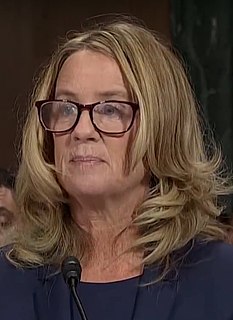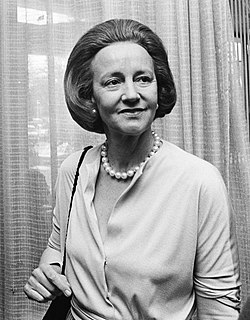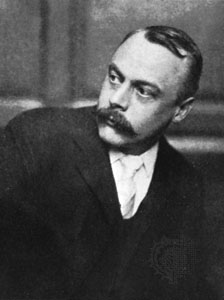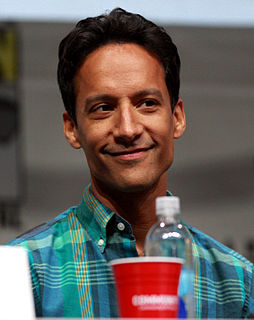A Quote by George Pelecanos
There was a hole in Washington fiction, I felt, when I started out. Most D.C. novels were about politics or the federal city or people who lived in Georgetown or Chevy Chase - it was definitely a very narrow focus.
Related Quotes
I don't have an opinion about whether or not politics should appear more in fiction or not, generally. I think politics are a part of life, but a part of life that most people don't think about very much, most of the time. Or, people think about it superficially and they talk about it superficially because they don't know very much.
Delhi is a very maligned city, and deservedly so. Yet there's something about it. It's a secret city, it doesn't hang out its wares. It's like a very deep river. Floating right up on top are the institutions of contemporary power: government, politics, media, and then there's the bureaucracy, the diplomatic missions. But it's also the city of intellectual debate, of protest, it's the city where people from all over the country converge to express their anger. And then, underneath all that, there's this crumbling, ancient city, a confluence of so much history.
The city was asleep on its right side and shaking with violent nightmares. Long puffs of snoring came out of the chimneys. Its feet were sticking out because the clouds did not cover it altogether. There was a hole in them and the white feathers were falling out. The city had untied all its bridges like so many buttons to feel at ease. Wherever there was a lamplight the city scratched itself until it went out.
My idea of what was going on in politics was driven by activism. I came out when I was 17, and right away I started working in the AIDS activist movement. For me, politics was about getting drugs approved and getting prisoners access to the same kind of drugs that you could get on the outside. It was about getting needle exchanges approved. That was politics. These were policy problems that were killing people, and we were trying to get them changed.
Well, very long ago, on the spot where the Wild Wood waves now, before ever it had planted itself and grown up to what it now is, there was a city - a city of people, you know. Here, where we are standing, they lived, and walked, and talked, and slept, and carried on their business. Here they stabled their horses and feasted, from here they rode out to fight or drove out to trade. They were a powerful people, and rich, and great builders. They built to last, for they thought their city would last for ever.
In Pakistan, many of the young people read novels because in the novels, not just my novels but the novels of many other Pakistani writers, they encounter ideas, notions, ways of thinking about the world, thinking about their society that are different. And fiction functions in a countercultural way as it does in America and certainly as it did in the, you know, '60s.
When I worked with Chevy Chase, Michael Ritchie would say, "Just ad lib and try to break me up. Just insult me. Anything." When we were doing his close-up, or when my back was to the camera, I would come up with jokes or quips or anything, to get a real reaction out of him. He was smart enough to know that was gold. So it was great fun working with him and Michael, and getting to see how the two worked together. I think Fletch and Clark Griswold were Chevy's two best roles. He's so incredibly talented and still vastly underused.


































